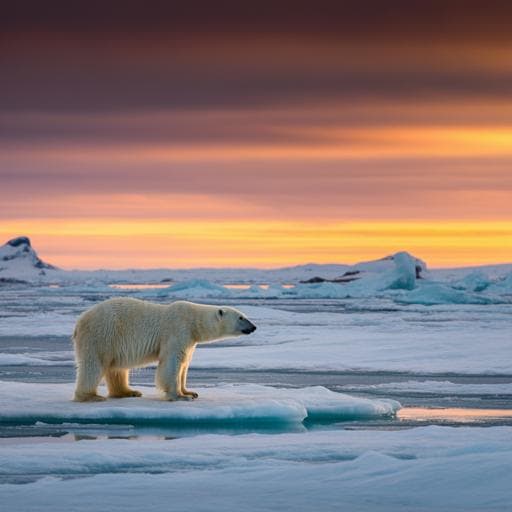
Earth Sciences
Ice-free period too long for Southern and Western Hudson Bay polar bear populations if global warming exceeds 1.6 to 2.6 °C
J. Stroeve, A. Crawford, et al.
Discover how Hudson Bay's warming climate is impacting polar bear hunting and survival, extending the ice-free period with dire consequences. Researchers, including Julienne Stroeve and Ian Stirling, reveal alarming projections that could lead to species extirpation if global temperatures exceed 1.6-2.6°C, while holding at 2°C may provide respite for adult polar bears as recruitment struggles against the longer ice-free seasons.
~3 min • Beginner • English
Related Publications
Explore these studies to deepen your understanding of the subject.







